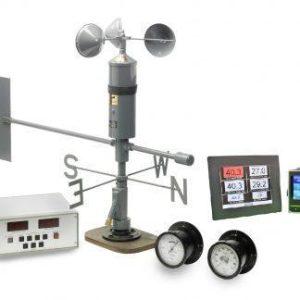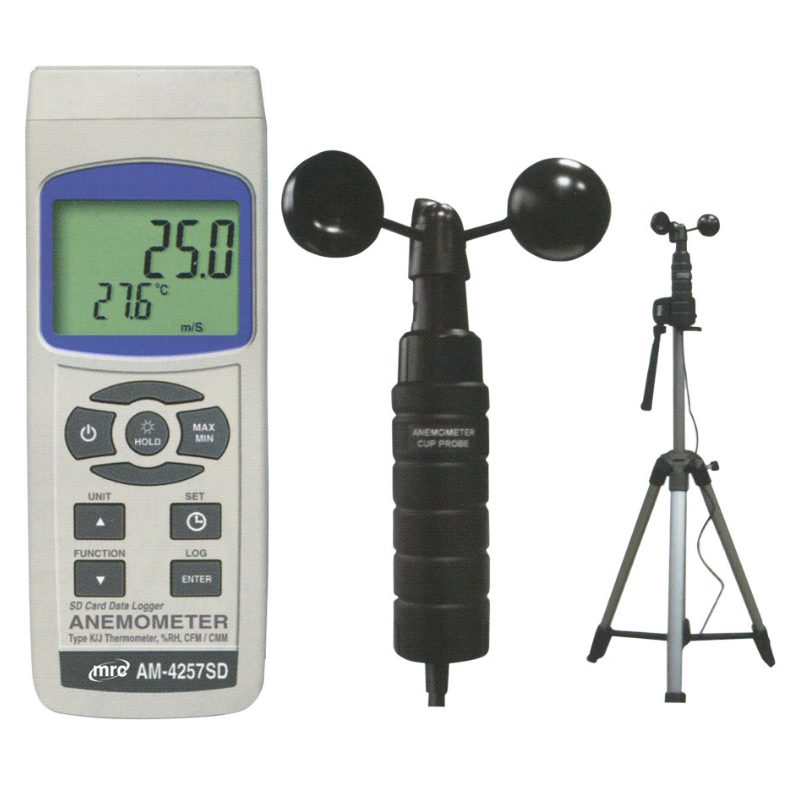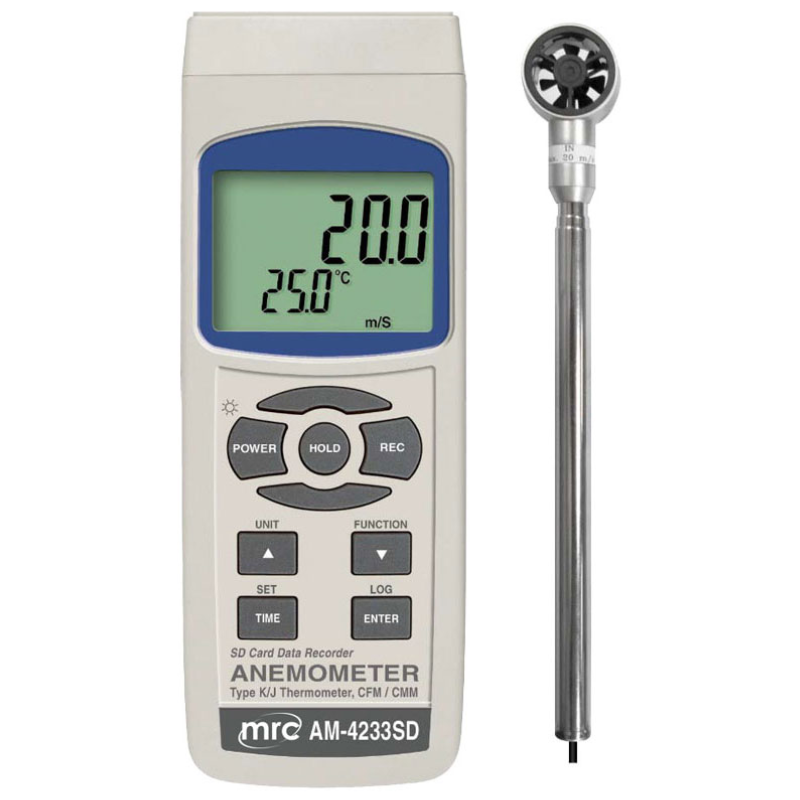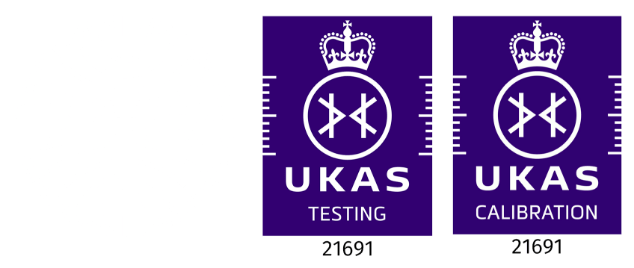A weather station is a device that collects data on various atmospheric conditions, such as temperature, humidity, barometric pressure, wind speed and direction, rainfall, and more. It provides real-time information about the weather in your specific location.
Professional Weather Stations
Professional weather stations are more advanced and accurate. They are used by meteorologists, research institutions, and businesses that require precise weather data.
Factors to Consider When Buying a Weather Station
Accuracy
Accuracy is paramount when choosing a weather station. Look for models with high-precision sensors for reliable data.
Sensors
Consider which sensors you need based on your specific interests. Some come with sensors for UV radiation, solar radiation, and more.
Connectivity
Check if the weather station can connect to your smartphone or computer for remote monitoring. This feature is essential for modern users.
Durability
These are often exposed to harsh elements. Ensure your chosen model is built to withstand various weather conditions.
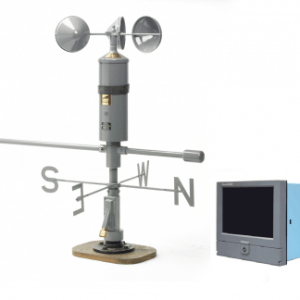
Setting Up Your Weather Station
Placement
Select an appropriate location. It should be away from obstructions, like buildings and trees, for accurate readings.
Calibration
Calibrate according to the manufacturer’s instructions to ensure precise measurements.
Maintenance
Regular maintenance is essential to keep your station in top condition. Clean sensors and replace batteries as needed.
Benefits of Owning a Weather Station
Personal Safety
A weather station helps you stay informed about changing weather conditions, allowing you to take appropriate safety measures.
Agriculture
Farmers use to monitor conditions for planting, harvesting, and irrigation, optimizing crop yield.
Planning Outdoor Activities
Know the weather forecast for your area to plan outdoor activities, from hiking to gardening, more effectively.
The Versatile Uses of Weather Stations
Weather stations, with their intricate sensors and cutting-edge technology, offer a treasure trove of information about our atmospheric environment. These devices are not just for meteorologists; they have a wide range of applications that benefit various industries and individuals alike. In this article, we will explore the diverse uses of weather stations.
Agriculture
One of the most crucial sectors that heavily relies on weather stations is agriculture. Farmers use these devices to monitor weather conditions in real-time, allowing them to make informed decisions about planting, harvesting, and irrigation. By keeping a close eye on factors like temperature, humidity, and rainfall, farmers can optimize crop yield and resource usage, leading to more sustainable and profitable farming practices.
Environmental Monitoring
They are essential tools in environmental monitoring and research. They help scientists and conservationists gather data on climate patterns, air quality, and ecosystem health. This information is vital for understanding how environmental changes impact our planet and for developing strategies to mitigate the effects of climate change.
Aviation
Used to ensure safe flights. Airports and aviation professionals rely on weather stations to provide real-time data on wind speed and direction, visibility, and temperature. This information helps pilots make informed decisions during takeoff, landing, and in-flight, ensuring passenger safety.
Energy Management
Weather stations are valuable assets in the field of energy management. They are used to predict weather conditions and their impact on energy generation and consumption. Renewable energy sources like solar and wind power, in particular, depend on accurate weather data for optimal performance and efficiency.
Disaster Preparedness
They help predict severe weather events such as hurricanes, tornadoes, and floods, allowing authorities to issue timely warnings and evacuate affected areas. This technology can save lives and reduce the economic impact of natural disasters.
Research and Education
They allow students and scientists to gather and analyze weather data for a wide range of research projects, from climate studies to atmospheric science experiments.
Construction and Engineering
Weather conditions can significantly impact construction and engineering projects. They help construction managers monitor weather factors like wind, temperature, and precipitation, allowing them to plan work schedules and ensure the safety of workers on-site.
The Application of Weather Stations in the UK
Weather stations in the United Kingdom serve a multitude of purposes, contributing to the well-being, safety, and efficiency of various sectors and industries. The UK’s ever-changing climate makes these instruments indispensable, providing valuable data for decision-making and planning.
Weather Forecasting and Monitoring
Weather stations in the UK are primarily used for weather forecasting and monitoring. The data they collect on temperature, humidity, wind speed and direction, rainfall, and barometric pressure is essential for producing accurate daily and long-term weather forecasts. These forecasts are crucial for planning outdoor activities, making travel arrangements, and preparing for severe weather events.
Agriculture
Agriculture is a vital part of the UK’s economy, and weather stations play a pivotal role in this sector. Farmers use weather data to make informed decisions about planting and harvesting crops, applying fertilizers, and managing irrigation. It helps optimize resource allocation and enhances crop yields.
Energy Generation
The UK’s renewable energy sector, including wind and solar power, relies on weather stations to predict and monitor weather conditions. This information helps energy companies optimize energy production and distribution, ensuring a stable and sustainable power supply.
Transportation
Weather stations contribute to transportation safety and efficiency. They provide real-time data on road and airfield conditions, allowing authorities to make decisions about road closures, flight delays, and de-icing procedures during winter weather.
Environmental Monitoring
Environmental agencies use them to monitor air quality, pollution levels, and climate patterns. This data is essential for assessing the environmental impact of various activities and implementing measures to protect the environment.
Disaster Preparedness
They help predict and track severe weather events, such as storms, floods, and heatwaves, enabling authorities to issue timely warnings and coordinate emergency responses.
Research and Education
Weather stations in the UK support research and education in meteorology, climate science, and environmental studies. Universities and research institutions use weather data for academic research, training future meteorologists, and advancing our understanding of the changing climate.
Tourism and Leisure
The UK’s tourism industry benefits from weather stations by providing tourists with accurate weather information for planning outdoor activities, sightseeing, and events. It helps boost tourism revenue and ensures a better visitor experience.
Construction and Infrastructure
Construction projects in the UK depend on weather data to schedule work efficiently and ensure worker safety. They help construction managers make decisions about when to pour concrete, lay asphalt, and carry out other weather-sensitive tasks.
CONTACT US

